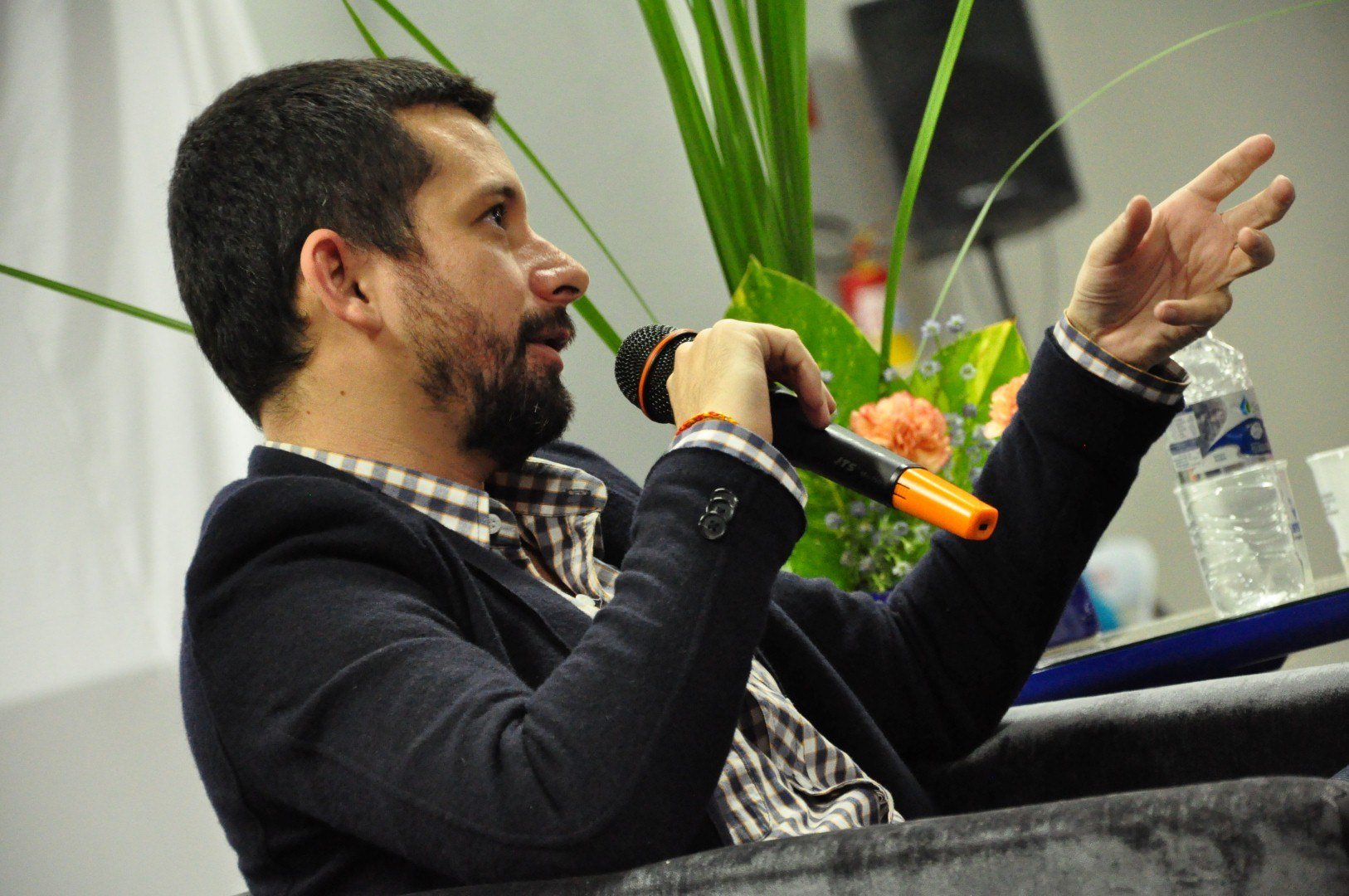Brazil: Journalist and Filmmaker subjected to wave of harassment after satirical tweet
After tweeting a satirical play on an 18th century enlightenment quotation, prominent Brazilian journalist and filmmaker João Paulo Cuenca has been subjected to a wave of online harassment and legal action. In a statement today, PEN America, PEN Brazil, and PEN International decried these tactics as a disturbing attack on freedom of expression and part of a worrying trend of hostility towards dissenting voices in Brazil.
On 16 June 2020, Cuenca wrote in a tweet that has since been deleted, “The Brazilian will only be free when the last Bolsonaro is hanged with the guts of the last pastor of the Universal Church,” a spin on an oft-cited quote attributed to the Enlightenment-era French priest Jean Meslier. Church officials have been vocal in supporting the policies of the current administration. Following the tweet, Cuenca’s social networks were reportedly flooded with threats of physical violence and he was dismissed by Deutsche Welle Brazil, where he worked as a columnist. According to reports, pastors of the Universal Church from 19 states filed at least 111 lawsuits requesting compensation for moral damage, and numbers keep growing. Moreover, three state and federal criminal investigations have reportedly been launched against him, highlighting the direct involvement of Brazilian authorities in this case and their will to silence Cuenca.
“We are saddened and disappointed to see that Cuenca has had to endure a wave of vitriolic harassment online and face legal action as a result of his satirical tweet. Strong words can arouse strong emotions, but Cuenca has a right to express his views without facing retaliation, and these attacks risk having a chilling effect that extends beyond Cuenca’s case,” said Julie Trebault, director of the Artists at Risk Connection (ARC) at PEN America. “Specifically, this concerted campaign of legal action in response to Cuenca’s tweet is just the latest example of Brazilian authorities and prominent supporters of the Bolsonaro administration attempting to silence dissent. We call on Brazilian authorities to demonstrate their commitment to freedom of expression and cease their harassment of Cuenca.”
“The harassment charges against João Paulo Cuenca are an example of how the Brazilian government is creating its own narrative of growing censorship, accompanied by systematic attacks directed at media, journalists, writers and artists who are critical of the government. Charges and legal harassment of this nature can have a general chilling effect on press, literature, and art. Such investigations targeting journalistic, artistic, or literary works are wrong and undermine rights,” said Salil Tripathi, chair of the Writers in Prison Committee of PEN International.
Cuenca is an internationally recognized journalist and writer who has been a vocal opponent of the current administration for years. Shortly before the attacks, he had published a column linking the Brazilian government and its discourse with European fascism, which happened to be reprinted in Der Tagesspiegel and obtained international visibility.
Under President Bolsanaro’s administration, there has been a trend of growing violations of freedom of expression and deliberate attacks on artists and the press in Brazil. This has only been exacerbated during the COVID-19 pandemic, as the government has exploited the pandemic to further discredit the media and foster disinformation about the coronavirus, leading to the resignation of two health secretaries last May.
PEN America leads the Artists at Risk Connection (ARC), a program dedicated to assisting imperiled artists and fortifying the field of organizations that support them. If you or someone you know is an artist at risk, contact ARC here.
Original Post: https://pen.org/press-release/brazilian-filmmaker-subjected-to-wave-of-harassment-after-satirical-tweet /

